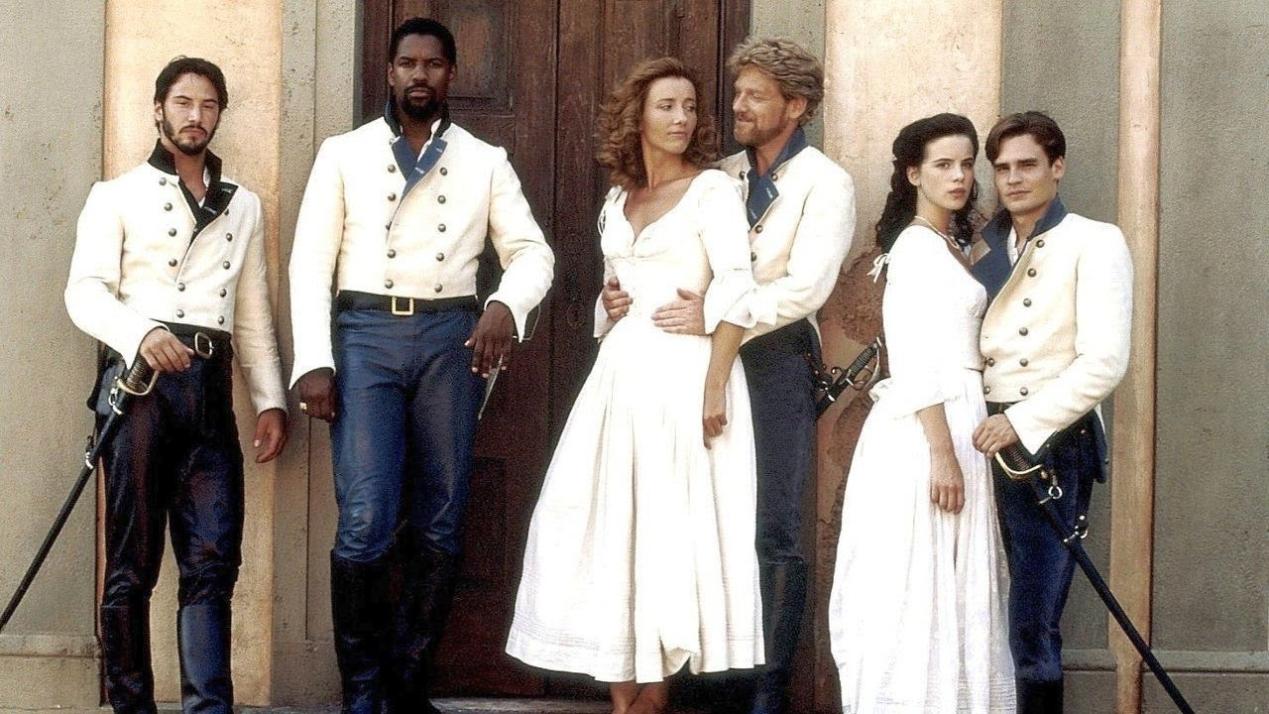Much Ado About Nothing: A Timeless Classic or a Product of Its Time?
"Much Ado About Nothing," one of William Shakespeare's most beloved comedies, has captivated audiences for centuries. The play's witty dialogue, intricate plot, and memorable characters have made it a timeless classic. However, it is also a product of its time, reflecting the social and cultural norms of the Elizabethan era. This article explores the question: Is "Much Ado About Nothing" a timeless classic or a product of its time?

Timeless Classic Elements
Universal Themes:
- Love and relationships: The play explores the complexities of love, from the initial attraction to the challenges of maintaining a lasting relationship.
- Deception and betrayal: The play features several instances of deception and betrayal, highlighting the consequences of these actions on individuals and relationships.
- Honor and reputation: The play examines the importance of honor and reputation in society, particularly for men.
- Wit and humor: "Much Ado About Nothing" is renowned for its witty dialogue and clever wordplay, providing comedic relief and highlighting the characters' intelligence.
Character Development:
- Fully developed and relatable characters: The play features a cast of well-developed and relatable characters, each with their own unique personalities and motivations.
- Complex and nuanced relationships: The relationships between the characters are complex and nuanced, reflecting the complexities of human relationships.
- Timeless archetypes: The play features timeless archetypes, such as the witty heroine, the brooding hero, and the mischievous villain, which resonate with audiences across cultures and eras.
Language And Style:
- Shakespeare's masterful use of language: Shakespeare's skillful use of language, including his mastery of wordplay and poetic devices, elevates the play's themes and characters.
- Witty dialogue and clever wordplay: The play is filled with witty dialogue and clever wordplay, showcasing Shakespeare's comedic genius.
- Poetic beauty and lyrical passages: The play contains many passages of poetic beauty and lyrical excellence, demonstrating Shakespeare's command of language.
Product Of Its Time Elements
Historical Context:
- Elizabethan era's social and cultural norms: The play reflects the social and cultural norms of the Elizabethan era, including gender roles, class distinctions, and societal hierarchies.
- Gender roles and expectations: The play portrays traditional gender roles and expectations, with women expected to be submissive and men expected to be dominant.
- Class distinctions and societal hierarchies: The play reflects the class distinctions and societal hierarchies of the Elizabethan era, with the nobility holding power and influence over the lower classes.
Language And Cultural References:
- Use of archaic language and cultural allusions: The play contains archaic language and cultural allusions that may be unfamiliar to modern audiences.
- References to contemporary events and figures: The play includes references to contemporary events and figures, which may require historical context for full understanding.
- Cultural biases and prejudices reflected in the play: The play reflects the cultural biases and prejudices of the Elizabethan era, such as the negative portrayal of certain ethnic groups.
Modern Relevance And Adaptations
Modern Interpretations:
- Adaptations and reinterpretations of the play in different eras: "Much Ado About Nothing" has been adapted and reinterpreted numerous times in different eras, reflecting changing perspectives and interpretations.
- Changing perspectives on gender, race, and social class: Modern adaptations often challenge traditional perspectives on gender, race, and social class, offering new insights into the play's themes.
- Exploration of contemporary themes and issues: Modern adaptations may explore contemporary themes and issues, making the play relevant to modern audiences.
Enduring Popularity:
- Continued performances and productions of the play worldwide: "Much Ado About Nothing" continues to be performed and produced worldwide, demonstrating its enduring popularity.
- Appeal to audiences of all ages and backgrounds: The play appeals to audiences of all ages and backgrounds, suggesting its universal appeal.
- Relevance to modern audiences' experiences and emotions: The play's themes and characters resonate with modern audiences, demonstrating its relevance to contemporary experiences and emotions.
"Much Ado About Nothing" is both a timeless classic and a product of its time. The play's universal themes, well-developed characters, and masterful use of language ensure its enduring appeal. However, the play's reflection of Elizabethan era norms and cultural biases raises questions about its relevance to modern audiences. Ultimately, the answer to the question of whether "Much Ado About Nothing" is a timeless classic or a product of its time is nuanced, acknowledging both its enduring appeal and its historical context. The play invites readers and audiences to explore its complexities and form their own interpretations.
YesNo

Leave a Reply